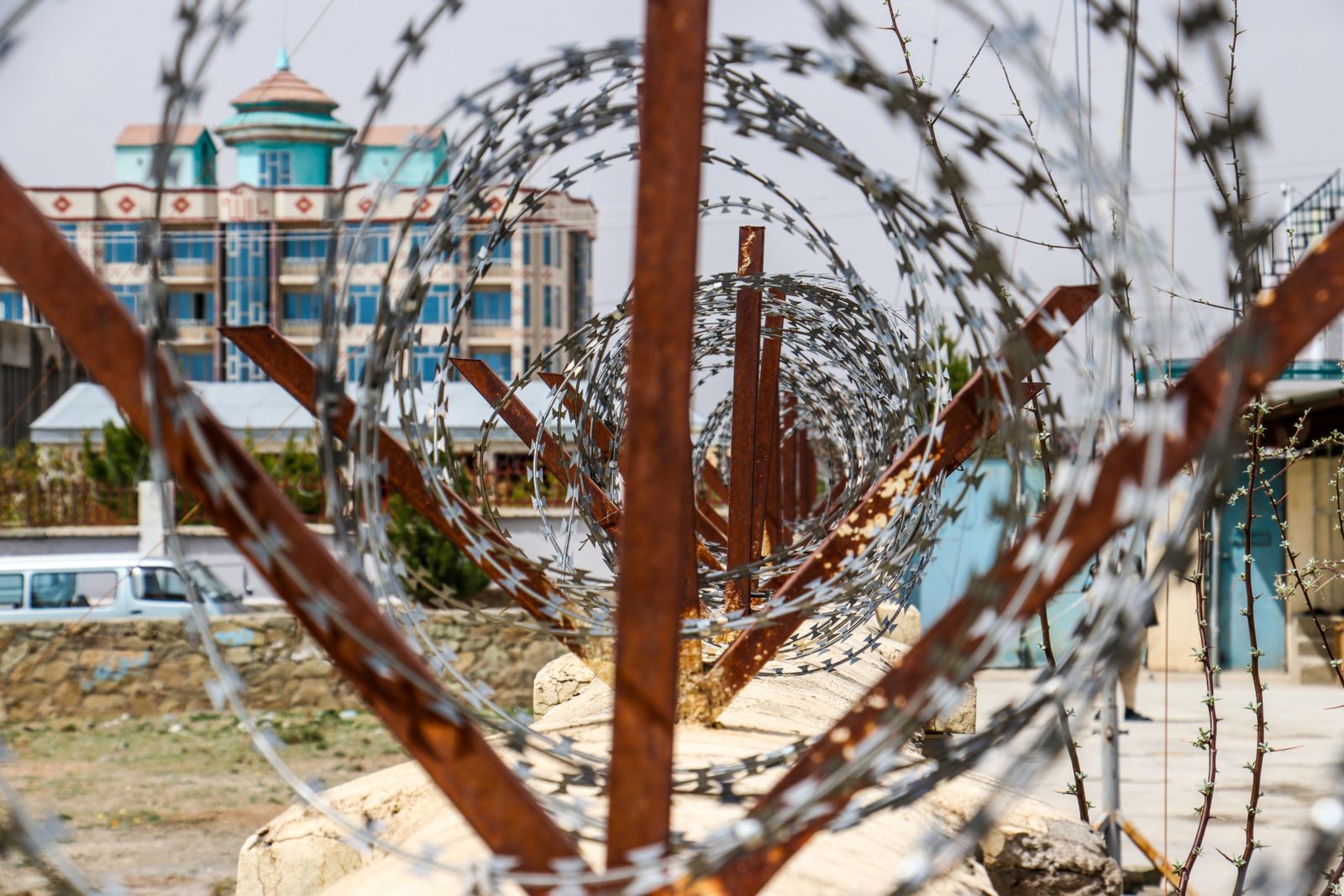This is a landmark year for human rights, with the 75th anniversary of the Universal Declaration of Human Rights (UDHR) which was signed in 1948. Although there will rightly be much celebration of progress, there is also likely to be plenty of cynicism and dismay both within and beyond the human rights community about prospects for the future.
But generalized triumphalism and despair are traps. Instead, if the human rights system is to offer real hope for the future, this should also be a time for honest and critical reflection.
Yet there is one question that rarely seems to be asked: When things go backward on human rights, what can we learn?
In some ways, it is no surprise that people who work in human rights rarely take the time to think about this. One crisis after another comes barrelling at us. When do we ever have time to stand back and reflect? Instead, the aggregation of failures adds up to a story that we tell ourselves about human rights being under assault everywhere, so we simply double down and try harder.
But the failure to reflect critically on this question deprives us of valuable perspective for future struggles. We need to understand when our assumptions and strategies need serious rethinking.
Recently, we hosted a roundtable at Chatham House that brought together human rights practitioners with experience in countries including Afghanistan, Hungary, and Myanmar—all of which have experienced serious regressions. These are also countries that have experienced significant military and political intervention, and where human rights are wrapped up in wider democracy struggles.
We wanted to see what would happen when we brought together people with experience across each of these contexts. Would there be common themes we could draw out? With gratitude to everyone who shared their experience and analysis, we have identified four major lessons for the human rights community to reflect upon.
External intervention can help, but not much
Human rights actors sometimes grossly exaggerate how much external influences can advance human rights. The benevolent “international community” is a mirage. Nobody from the outside is coming to the rescue. Afghanistan’s rapid capitulation to the Taliban after two decades of international intervention was the ultimate cautionary tale. In Myanmar, the international response to the 2021 military coup was feeble. The EU prevaricated for years over taking action against Hungary. Many other examples stack up.
There is a role for external pressure, but we need to calibrate our expectations and demands. The most we can ask is that it helps deter the worst and creates space for internal pressure. Articulating precise and practical demands to specific actors rather than open-ended calls for help would save energy and resources that could be invested much more impactfully.
Local values matter more than universal ones
The moral universalism of human rights will never compete with local values rooted in culture or religion. The legitimacy of many repressive leaders rests on their claim to safeguard something “authentic” in their society against outside interference. They are able to portray international human rights groups as deracinated elites who are contemptuous of ordinary people.
Such claims tap deep cultural wells. Local and international human rights actors alike ignore this at their peril. Supporters of nationalist leaders are not brainwashed or stupid, but they make rational choices based on values that differ from human rights. In the end, the only way to confront this is with alternative narratives that are equally rooted in local values.
The agenda must be defined and led locally
If human rights do not resonate with people’s felt needs as well as their values, they will never take root. Economic pain is often what eventually drives people onto the streets, and the human rights agenda will need to have something to say about inequality and economic injustice if it is to feel relevant to many people’s lives. Meanwhile, we need to accept that socially contentious human rights issues may remain off-limits for a long time.
For human rights actors, this may mean giving up an “all-or-nothing” approach in favor of seeking incremental improvements that are led locally. We need to be comfortable with pragmatism and long-termism, and put trust in leaders who are able to build solidarity within their societies. The global human rights movement needs to know when to stand in the background.
It is all about politics and narratives
In the end, human rights change comes down to politics and narratives. The work of building strong human rights norms, laws, and institutions remains important but is never sufficient. Human rights work on the ground needs to be reconceptualized as political work.
While there is a role for human rights organizations, the UN, and states to play, the primary constituencies that need mobilizing are communities and local people—and this may take years of work. But, with perseverance, attitudes can shift on even the most contentious issues.
We do not wish to be naive about the prospects for turning around serious human rights regressions. There is no magic formula, and each situation is different. But this kind of reflection must become a more important part of the discipline of human rights work. The future of human rights depends on it.

